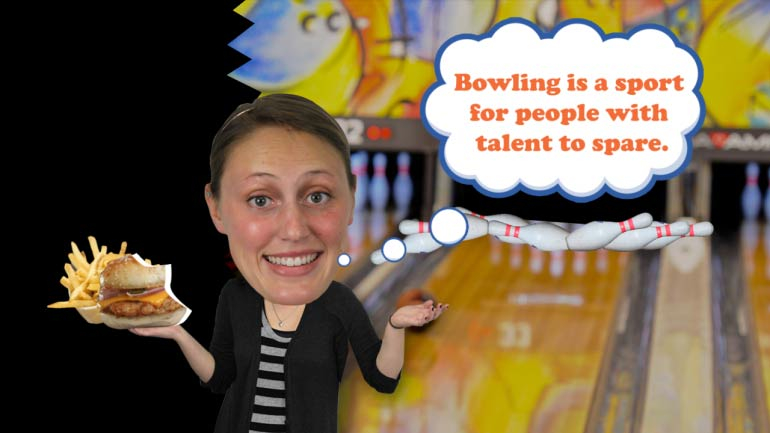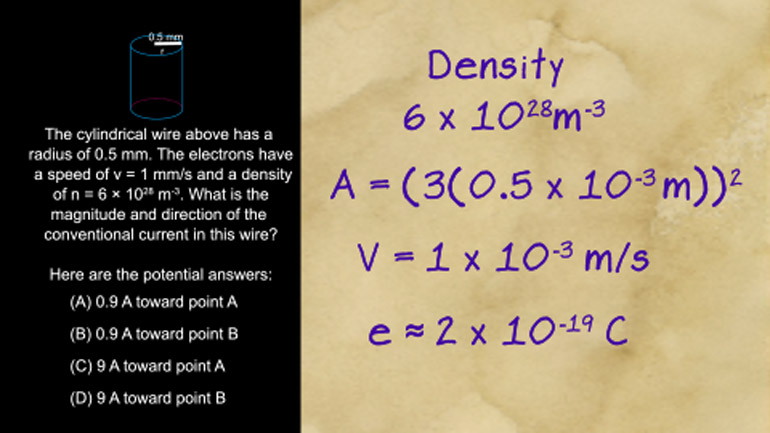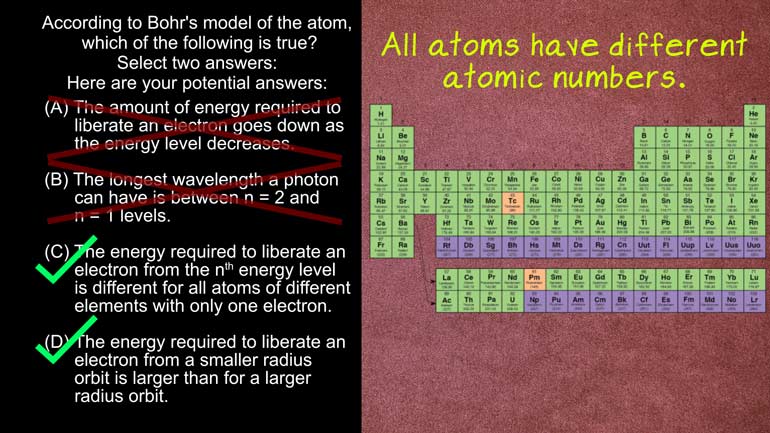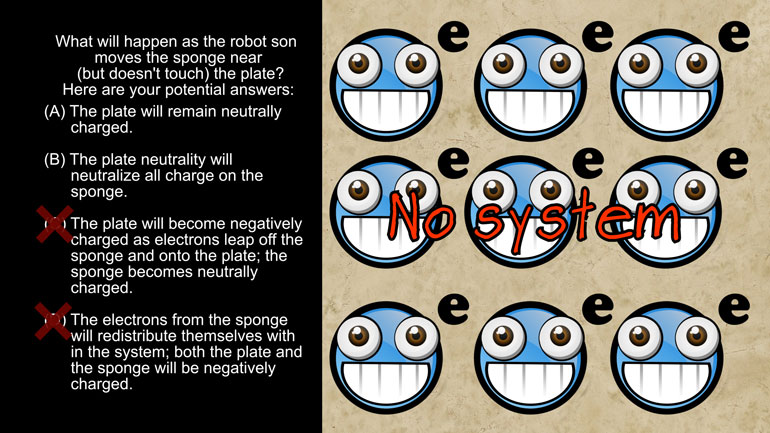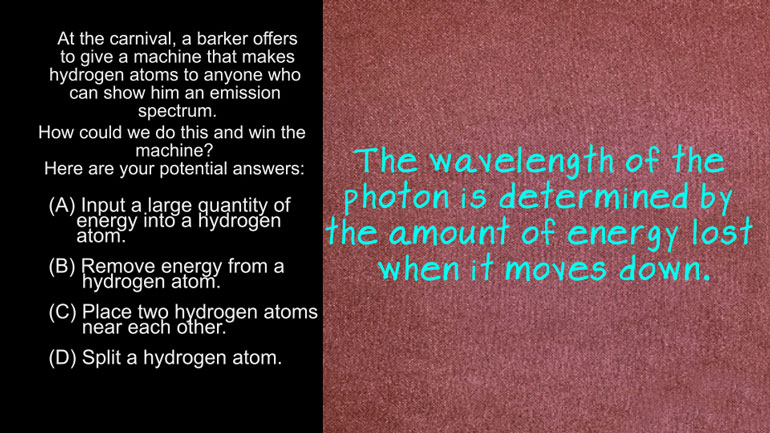ShmoopTube
Where Monty Python meets your 10th grade teacher.
Search Thousands of Shmoop Videos
AP Physics 2: 1.2 Fields in Space 168 Views
Share It!
Description:
AP Physics 2: 1.2 Fields in Space. What is the magnitude and direction of magnetic field B A at point A?
Transcript
- 00:00
Thank you We sneak and here's your shmoop dues You
- 00:05
are more to buy the queen of england Because being
- 00:08
royalty is everyone's first career choice All right well check
- 00:13
out falling diagram It shows two wires used in the
- 00:16
cables placed parallel to one another and separated by a
Full Transcript
- 00:19
distance of feet Wire one carries a current of i
- 00:23
sub one and wire to carries a current of ice
- 00:26
up to the current ice of one equals one sixth
- 00:30
of ice up to and the distance labeled x equals
- 00:33
one fourth of the distance D find the magnitude and
- 00:36
direction of the magnetic field Be savaii at point a
- 00:39
and here the potential answer right there First of all
- 00:44
let's figure out the direction of the field A magnetic
- 00:47
field is in three dimensions but the screen were looking
- 00:50
at on Lee has to it's like the page of
- 00:52
a book So to determine how the field is turning
- 00:54
around the wire will use a version of the right
- 00:56
hand room Well look at the wire one first that
- 01:01
current is moving Prop words So with an open hand
- 01:03
we point the thumb of our right hand in the
- 01:05
direction of the current Then we curl our fingers like
- 01:08
we're making a furious physics fist of justice The direction
- 01:12
that our fingers curl is the direction of the field
- 01:15
Conventionally speaking of far fingers curl away from us The
- 01:18
field is said to go into the page If the
- 01:21
fingers curl toward us the field is said to go
- 01:24
out of the page so the field around the first
- 01:26
wire is going into the page for wire to our
- 01:30
thumbs point down And once again our fingers curl away
- 01:33
from us into the page since both fields or going
- 01:36
in the same direction that combined field That point is
- 01:38
also headed into the page so we can already not
- 01:41
answers being deep out of contention And because the fields
- 01:44
generated by each wire are in the same direction we
- 01:47
can add them up to determine the total field at
- 01:50
point a So now if we may let's get ready
- 01:53
for equations Well the equation for magnitude for a magnetic
- 02:00
field is the concept of permeability of free space times
- 02:03
the current over to pi times the radius or the
- 02:06
distance from the wire Well the equation looks like this
- 02:09
Her point a the distance will use for the first
- 02:12
wire is x and we'll use d minus x for
- 02:15
the second wire When we adam together it looks like
- 02:17
this and we could make that a little cleaner So
- 02:20
now our equation is the constant of permeability of free
- 02:23
space over to pi times the sum of current one
- 02:26
over distance x plus current to over distance D minus
- 02:31
x We can sub in the given value of Acts
- 02:34
which was 1 quarter d to give us this equation
- 02:36
And we can make that a little cleaner that way
- 02:39
And we can also swap out current i sub one
- 02:42
for its value in terms of ice Up to the
- 02:44
field at point a equals the concept of permeability of
- 02:47
free space over to pi times distance times the sum
- 02:51
of four Six i sub two plus four thirds aye
- 02:55
sub too And that equals the concept of permeability of
- 02:59
free space Times ice up to over pi times distance
- 03:02
at long last we can definitively say without a doubt
- 03:05
the correct answer is c And after all that well 00:03:08.69 --> [endTime] we've got to go lay down
Up Next
Related Videos
AP Physics 2: 1.1 Properties of Objects and Systems. What is the magnitude and direction of the conventional current in this wire?
AP Physics 2: 1.5 Properties of Objects and Systems. According to the Bohr's model of the atom, which of the following are true?
AP Physics 2: 2.2 Properties of Objects and Systems. What will happen as the robot son moves the sponge near (but doesn't touch) the plate?
AP Physics 2: 2.4 Properties of Objects and Systems. How could you show the carnival barker an emission spectrum?
